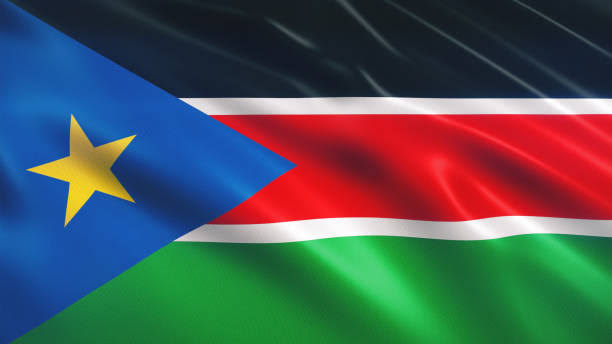South Sudan is grappling with a severe humanitarian crisis, as an unprecedented influx of refugees from war-torn Sudan combines with a rapidly escalating cholera outbreak, according to Doctors Without Borders (MSF).
The medical charity reported that up to 5,000 people are crossing into South Sudan daily, with some estimates from the United Nations even higher, suggesting 7,000 to 10,000 refugees are arriving each day.
The conflict in Sudan, which erupted in April 2023 between the army and the paramilitary Rapid Support Forces, has displaced millions and left tens of thousands dead, creating one of the worst humanitarian emergencies in the world.
In Renk, a town near the border with Sudan, MSF is working alongside the International Committee of the Red Cross to provide medical care at a transit center housing around 17,000 people.
Emanuele Montobbio, an MSF emergency coordinator in Renk, described the situation as “completely overwhelming,” noting that even as facilities are expanding, over 100 wounded patients, many with serious injuries, are still waiting for surgery.
Alhida Hammed, a refugee from Sudan’s Blue Nile state, described the horrors he experienced before fleeing to Renk.
“The houses were blazing, and everyone was running in different directions,” he said, adding that he now lives under a tree, unable to return to his homeland due to the trauma.
The refugee crisis has compounded the challenges South Sudan already faces, including its own battles with internal conflict, poverty, and natural disasters.
The country’s medical infrastructure is already stretched thin, and the cholera epidemic is spreading rapidly.
MSF reported 92 deaths in Unity State alone, with more than 1,210 cases treated in Bentiu city in just four weeks.
In overcrowded camps near the capital, Juba, MSF treated around 1,700 suspected cholera cases, with 25 deaths recorded.
Mamman Mustapha, MSF’s head of mission in South Sudan, pointed to systemic neglect as the root cause of the crisis, noting poor sanitation, uncollected waste, and raw sewage in the camps, which have contaminated drinking water and left inhabitants vulnerable to disease.
“Without immediate intervention, we expect cholera cases to skyrocket in the coming days and weeks,” Mustapha warned, calling for urgent action to address both the refugee crisis and the cholera outbreak.

















